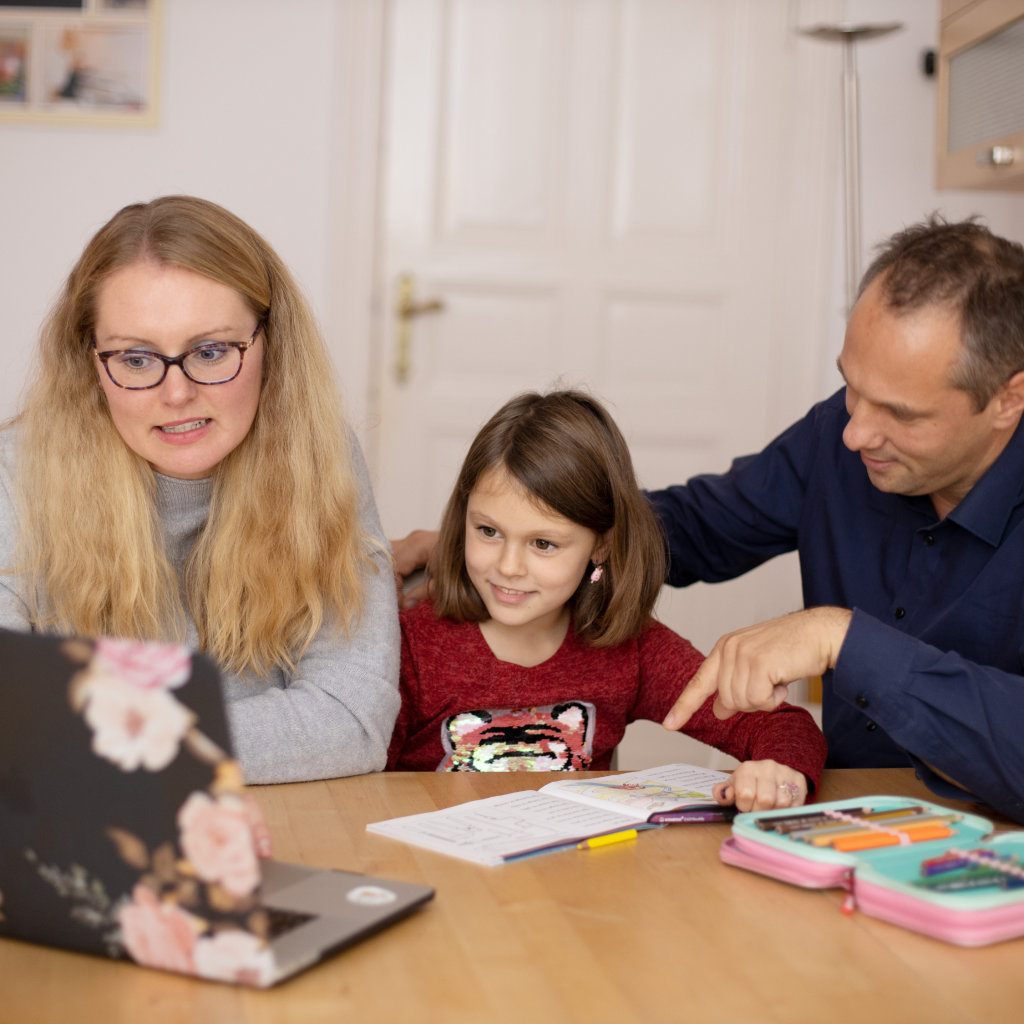Parenting is often portrayed as a joyful journey filled with heartwarming moments and the pure bliss of nurturing young minds. However, the reality is that it is also fraught with challenges and unexpected hurdles. Despite the abundance of advice available, some well-intentioned child-rearing tips can lead to unforeseen pitfalls. This article delves into the harsh truths behind ten commonly recommended parenting strategies, shedding light on the brutal reality that parents may encounter. From dealing with tantrums to setting boundaries, we will explore the complexities of these tips and offer insights to help navigate the tricky terrain of raising children.
1. Consistency is Key
While consistency in parenting is often touted as essential, rigid adherence can backfire. Children are dynamic, and so are their needs. Overemphasis on consistency can lead to inflexibility, making it difficult to adapt to changing circumstances. For instance, a strict bedtime might not be appropriate during family vacations or special events. Moreover, parents may feel immense pressure to maintain routines, which can lead to stress and burnout. It’s crucial to strike a balance, allowing for flexibility when necessary.
2. Avoiding All Conflict
Many parents believe they should shield their children from any form of conflict. While this intention comes from a place of care, it can be detrimental. Children who never witness conflict may struggle to develop conflict resolution skills. It’s important for kids to see disagreements handled in a healthy way. This exposure helps them understand that conflict is a natural part of relationships. Furthermore, avoiding all conflict can create an unrealistic expectation that life is always smooth, setting them up for disappointment.
3. Positive Reinforcement Only
The emphasis on positive reinforcement can sometimes lead to neglecting the importance of constructive criticism. Children need to understand that not all behavior is acceptable. Solely focusing on praise can create a skewed sense of reality where children expect constant approval. This approach can hinder their ability to cope with criticism in the real world. Balanced feedback, including constructive criticism, helps children develop resilience and a more realistic self-image.
4. Keeping Kids Constantly Busy
Filling every moment of a child’s day with structured activities is a common practice. However, this can lead to burnout and deprive children of the chance to learn how to entertain themselves. Free play is crucial for fostering creativity and independence. Over-scheduling can also lead to stress and anxiety, as children may feel pressured to perform and excel in every activity. Allowing time for unstructured play helps them develop critical thinking and problem-solving skills.
5. Always Putting Kids First
While it’s natural for parents to prioritize their children, neglecting self-care can have negative consequences. Parents who always put their kids first may experience burnout, leading to decreased patience and effectiveness. Additionally, children who see their parents neglect their own needs may learn to do the same in their future relationships. Modeling self-care is essential for teaching children the importance of balance. Parents should remember that their well-being directly impacts their ability to care for their children.
6. Encouraging Early Academics
Pushing children into early academics can seem beneficial, but it can lead to unnecessary pressure and stress. Young children benefit more from play-based learning, which fosters creativity and social skills. Early academic pressure can also lead to a dislike for learning and school. Moreover, it can stifle a child’s natural curiosity and love for exploration. It’s important to let children learn at their own pace and ensure they have a well-rounded early childhood experience.
7. Helicopter Parenting
Hovering over every aspect of a child’s life can stifle their independence and problem-solving abilities. Helicopter parenting can prevent children from learning to navigate challenges on their own. This over-involvement can lead to anxiety and a lack of confidence. Children need the opportunity to make mistakes and learn from them. Encouraging autonomy helps them develop the skills they need to handle life’s ups and downs independently.
8. Strict Screen Time Limits
While limiting screen time is important, being overly strict can lead to rebellion and secrecy. Screens are an integral part of modern life, and children need to learn how to use them responsibly. Instead of imposing strict limits, parents should focus on teaching balance and healthy habits. Discussing the content and co-viewing can make screen time more educational and interactive. This approach helps children develop a healthier relationship with technology.
9. Never Letting Kids Fail
Protecting children from failure might seem like good parenting, but it can hinder their growth. Failure is a natural part of learning and developing resilience. Shielding children from failure can lead to fear of trying new things and a lack of perseverance. It’s important for kids to experience setbacks and learn how to overcome them. Parents should support their children in understanding that failure is not the end, but a step towards improvement.
10. Emphasizing Achievement Over Effort
Praising achievements rather than effort can create a fixed mindset in children. They may become afraid to take on challenges for fear of failure. Emphasizing effort encourages a growth mindset, helping children understand that persistence leads to improvement. Focusing on effort over achievement fosters a love for learning and resilience. Children learn that hard work and dedication are more important than the outcome, setting them up for lifelong success.
Encouraging Balanced Parenting
It’s essential for parents to critically evaluate common parenting tips and adapt them to their unique family dynamics. Striking a balance between guidance and flexibility, praise and constructive criticism, and involvement and independence is key. Parents should remember that their well-being is crucial for effective parenting. By modeling balance and resilience, they can raise well-adjusted, confident children.

Ashleigh Clyde is a dedicated youth advocate, journalist, and researcher. Passionate about shedding light on important issues, such as financial literacy and marketing tactics. She has extensive experience in entertainment journalism.












